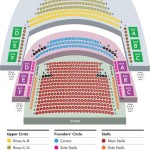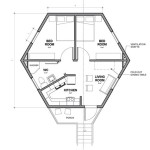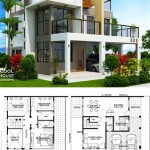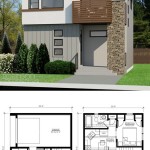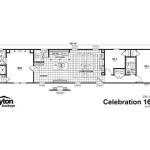Greek Revival Plantation House Plans: Timeless Elegance and Southern Charm
Greek Revival plantation houses embody the grandeur and elegance of the American South. These stately homes, characterized by their symmetrical facades, classical columns, and expansive porches, have captured the imagination of architects, historians, and homeowners for centuries. If you're considering building a Greek Revival plantation house, understanding its essential aspects is crucial.
Exterior Design
Greek Revival architecture emphasizes harmony and balance. Plantation houses typically feature a symmetrical facade with a central entrance flanked by symmetrical wings on each side. The front portico is supported by imposing columns, usually Doric or Ionic, which rise from a continuous base to a full entablature. The entablature consists of an architrave, frieze, and cornice adorned with intricate moldings.
Interior Layout
The interiors of Greek Revival plantation houses are equally impressive. The floor plan is typically centered around a grand central hallway, which runs the length of the house. The main rooms, such as the parlor, drawing room, and dining room, are accessed from this hallway and are often symmetrically arranged on either side. The rooms are spacious and well-lit, featuring high ceilings and large windows.
Windows and Doors
Windows and doors are an integral part of Greek Revival architecture. Windows are typically tall and rectangular, often with six-over-six or six-over-nine panes. The doors are also tall and imposing, featuring classical moldings and often topped with transoms.
Porches
Porches are a defining feature of Greek Revival plantation houses. The front porch extends the full length of the facade, providing a shaded area for entertaining and enjoying the outdoors. The porch is supported by columns similar to those on the facade. Smaller porches may also be found on the sides or rear of the house.
Building Materials
Traditionally, Greek Revival plantation houses were constructed using wood. Brick and stone were also used, particularly in the South. Modern construction methods may incorporate a variety of materials, including concrete, steel, and insulated panels.
Decorative Elements
Greek Revival plantation houses are adorned with various decorative elements that enhance their architectural beauty. These include dentil moldings, egg-and-dart moldings, acanthus leaves, and other classical motifs. The interiors are often decorated in a neoclassical style, with elegant furniture, moldings, and chandeliers.
Modern Adaptations
While the essential aspects of Greek Revival plantation houses remain the same, modern adaptations have evolved to meet contemporary needs. For example, floor plans have become more open and less formal, with larger kitchens and family rooms. The use of modern materials and construction techniques has also made these homes more energy-efficient and comfortable.
Greek Revival plantation house plans offer timeless elegance and Southern charm. By understanding the essential aspects of this architectural style, homeowners can create a home that captures the grandeur of the past while accommodating the needs and comforts of the present.

House Plan 72149 Plantation Style With 4969 Sq Ft 3 Bed Bat

House Plan 72163 Plantation Style With 5699 Sq Ft 5 Bed 4 Bat

Plan 052h 0031 The House

Classic Greek Revival With Fly By 44042td Architectural Designs House Plans

House Plan 72163 Plantation Style With 5699 Sq Ft 5 Bed 4 Bat

Greek Revival Colonial House Plans

House Plan 028 00055 Classical 4 500 Square Feet 3 Bedrooms 5 Bathrooms Southern Plans Plantation Colonial

House Plan 72158 Plantation Style With 4102 Sq Ft 4 Bed 3 Bat

Plantation Southern Style House Plans

Antebellum Architecture Wikipedia

